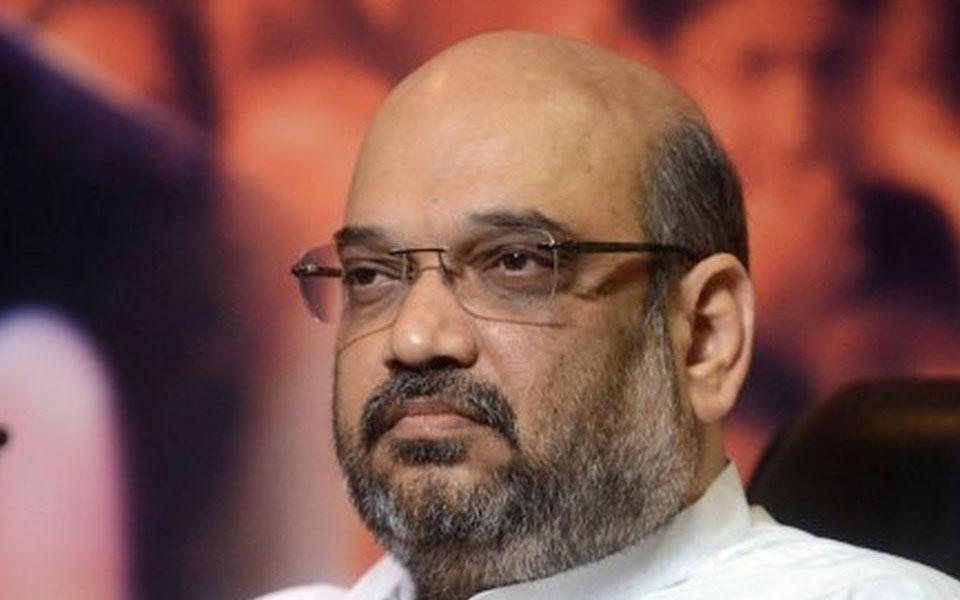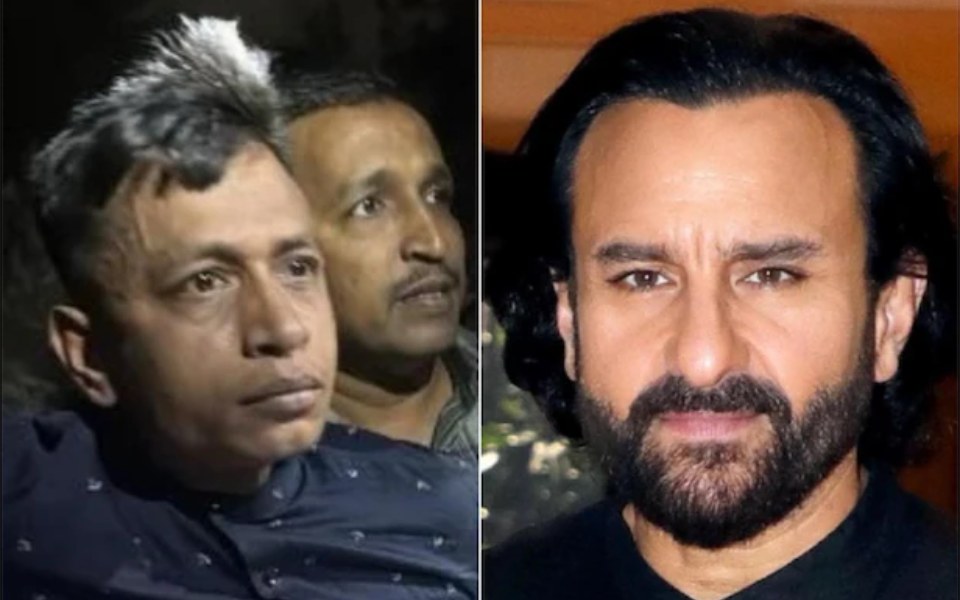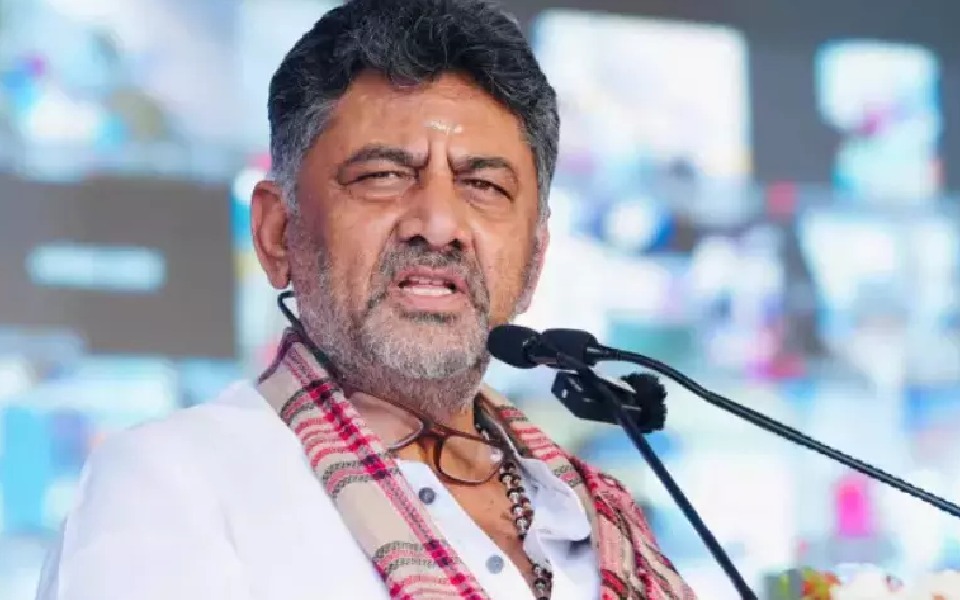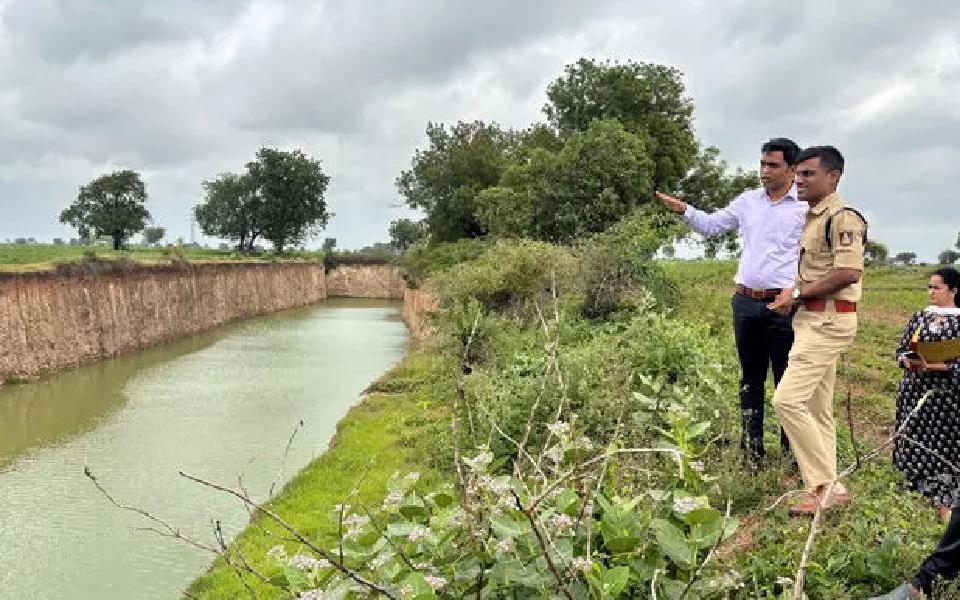Kolkata, Aug 11 : West Bengal Youth Congress workers on Saturday showed BJP President Amit Shah black flags as he stepped outside the airport here ahead of his high-voltage rally in the city.
A group of bike-borne Youth Congress workers waved the black flags before Shah's convoy outside the Netaji Subhas Chandra Bose International airport and shouted slogans against him and Prime Minister Narendra Modi, before the police could remove them from the spot.
Some Congress activists also claimed that there was a nexus between the BJP and West Bengal's ruling Trinamool Congress and raised slogans like "Modi-Didi bhai bhai".
Ahead of Shah's rally in central Kolkata's Mayo Road, Trinamool Congress supporters observed Condemnation Day in parts of the state to raise its pitch against the publication of the draft National Register of Citizens (NRC) in Assam.
Reacting to the TMC protest, BJP leader and Union Minister Babul Supriyo accused Chief Minister Mamata Banerjee and her party of destroying the state's culture and the future of Bengal's youth.
"Politics is fine but they (Trinamool Congress) are turning it into an ugly spat. Trinamool has further worsened the situation in Bengal in the name of 'Poriborton' (change) from the 34 years of Left rule.
"This should not continue. The massive turnout in today's rally shows that the youth of Bengal are eagerly waiting for the message of Amit Shahji," said Supriyo, who came to the city to attend Saturday's rally.
Let the Truth be known. If you read VB and like VB, please be a VB Supporter and Help us deliver the Truth to one and all.
Mumbai, Jul 25 (PTI): Police have opposed the bail plea of the Bangladeshi national arrested for allegedly stabbing Bollywood actor Saif Ali Khan with a knife and injuring him at his home here in January this year, telling a Mumbai court there was "strong evidence" against the accused.
Citing a Forensic Science Laboratory report, police reiterated before the sessions court their earlier claim knife fragments that got lodged near the actor's spine during the attack as well as a part found at the crime spot have matched with the weapon recovered from the accused, Shariful Islam.
These three pieces were part of the same weapon (knife) used to attack the filmstar, the police said in a written response to the accused's plea submitted in the court on Thursday (July 24).
Khan was repeatedly stabbed with a knife by an intruder inside his 12th floor apartment in upscale Bandra on January 16 during a robbery attempt.
The 54-year-old actor underwent surgery at Lilavati Hospital to remove a piece of knife that got lodged near his spine during the attack. He was discharged from the private hospital after five days.
Shariful Islam, a Bangladeshi national, was arrested two days later for allegedly stabbing Khan.
The police, in their response, highlighted that the accused is a Bangladeshi citizen residing illegally in India.
If granted bail, there was a possibility that he may flee India and not appear before the court during the trial. The crime committed by the accused is of a "very serious nature, and strong evidence" is available against him, they argued.
In his bail plea, filed through advocate Vipul Dushing, the accused asserted he was innocent and had no prior criminal record.
Investigation into the case has practically concluded with only the filing of a chargesheet pending, the accused contended while seeking bail.
The alleged attacker has been booked under Bharatiya Nyaya Sanhita (BNS) sections related to house trespass, robbery and dacoity with attempt to cause death or grievous injury.





